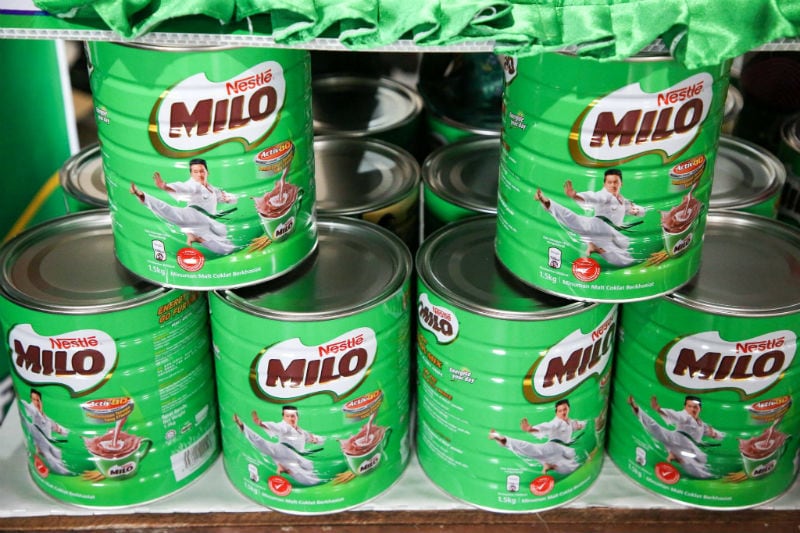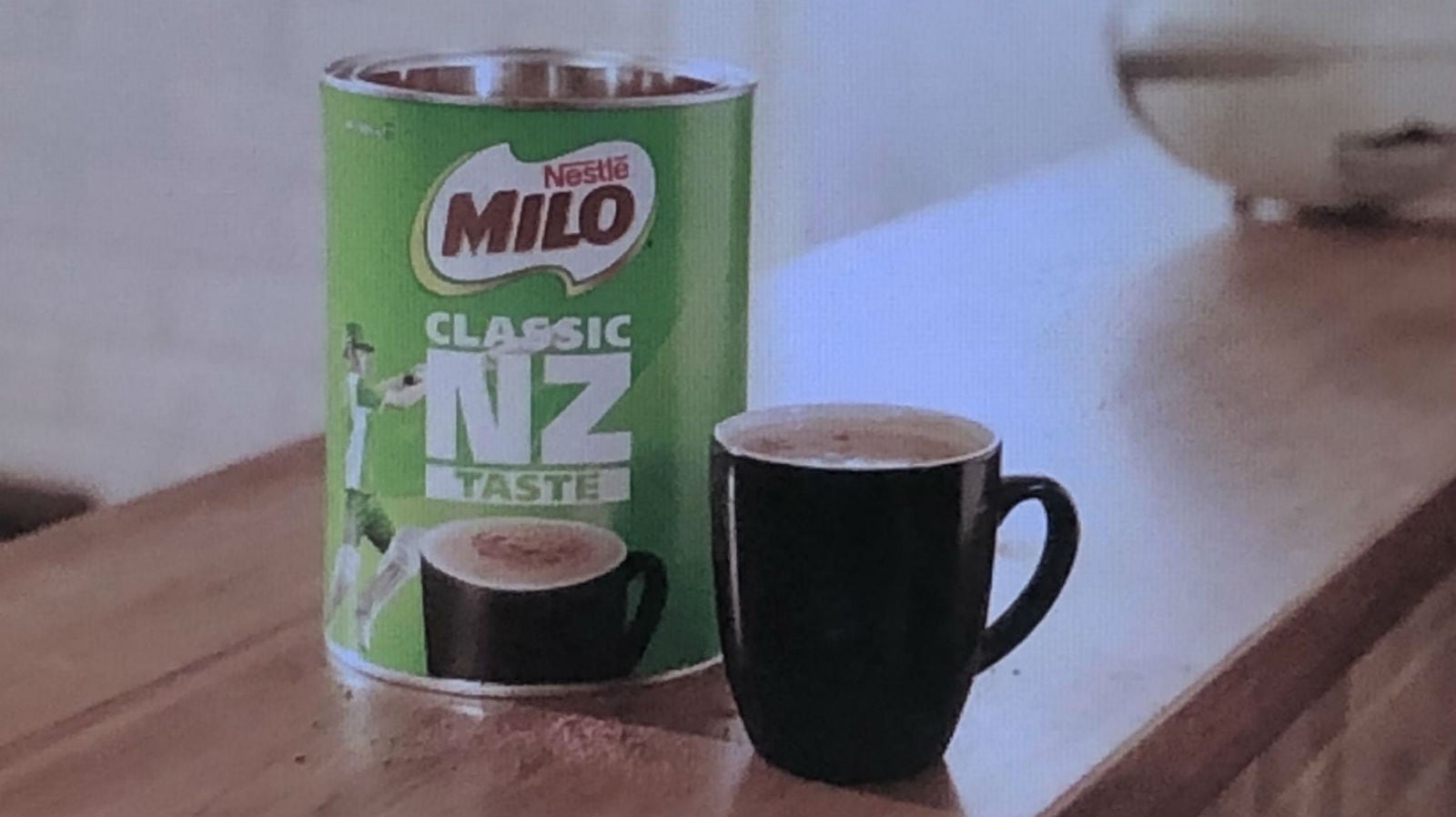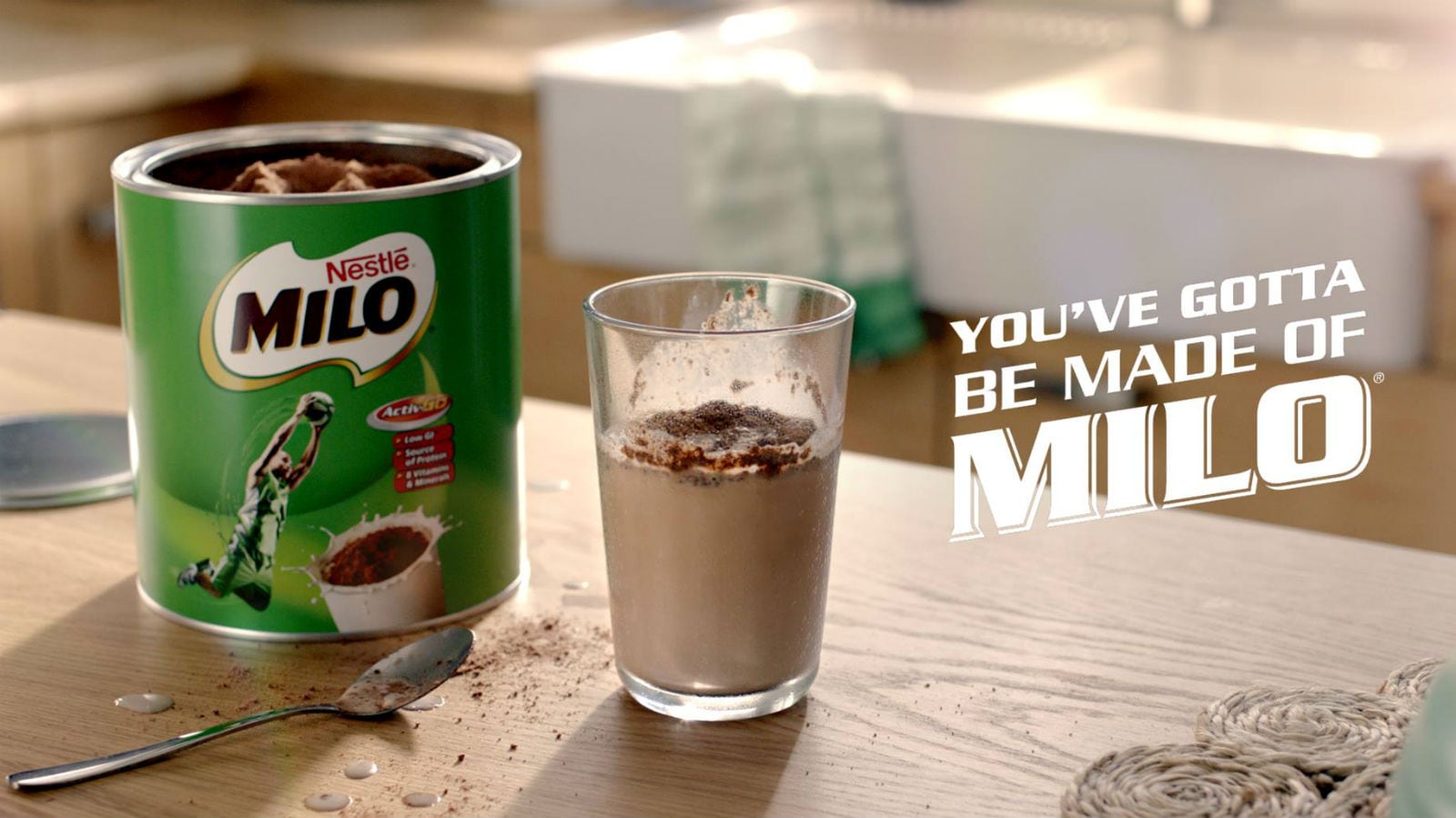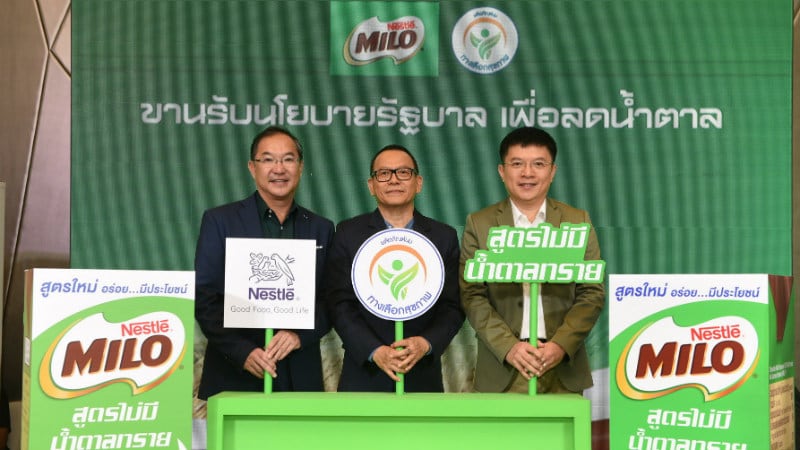Nestle Malaysia CEO Juan Aranols told FoodNavigator-Asia that this CAPEX investment was the company’s highest in the past five years.
“[For 2019], we have allocated RM220mn (US$52.4mn) in capital expenditure, our highest level in five years,” he said.
“A significant amount of this (RM100mn/US$23.8mn) will go towards expanding our Chembong factory in Negeri Sembilan to establish the world’s largest MILO Manufacturing Centre of Excellence.”
The last major CAPEX allotment was back in 2015 for the company’s Sri Muda factory. Nestle Malaysia has seven factories in the country, and the remaining RM120mn (US$28.6mn) will be spread amongst the other six factories for upgrades and maintenance purposes.
Plans for the establishment of the Milo Manufacturing Centre of Excellence were first announced back in October last year by then-CEO Alois Hofbauer.
Hofbauer had announced that Milo production in Malaysia would be consolidated in the Chembong factory, and halted in the company’s Petaling Jaya plant.
“The MILO plant in Chembong is an integral part of the Company’s business, supplying MILO domestically and contributing exports to over 20 countries,” Hofbauer told us.
“Through the concentration of our MILO operations and our investment of over RM100 million into the Chembong factory, we will not only be able to further upgrade production facilities and improve operational efficiencies, but also scale up capacity and make Chembong the biggest MILO Manufacturing Centre in the Nestle world.”
According to Nestle, this move is also part of Nestle’s investment in Malaysia as a ‘key manufacturing hub for the Nestle Group’.
The Milo Manufacturing Centre of Excellence is expected to be fully operational by September this year.
Nestle Malaysia FY2018 financial results
Nestle Malaysia saw a 4.9% growth in turnover year-on-year to reach RM5.5bn (US$1.3bn) in FY2018, in addition to a 7.8% increase year-on-year in Profit before Tax to reach RM876mn (US$208.7mn).
Aranols highlighted innovation as a ‘key engine of growth’ for Nestle Malaysia. Amongst its key new product launches last year included Nescafe Cold Brew, Maggi Pedas Giler (Crazy Spicy Maggi) and Tropicana Lychee Yoghurt ice cream.
Despite rising fears in the country of increasing raw material costs, he remained confident that the company will be able to efficiently navigate these challenges.
“Our proactive cost management and improved internal efficiencies, in a context of favourable commodity prices, further contributed to our profitability in 2018 and will help to offset tension in commodity markets in 2019.”
Speaking after the company’s Annual General Meeting, he added that price hikes were a last resort that would only be considered ‘after we have exhausted all other possibilities’, and that the upcoming sugar tax is ‘immaterial’ to the company as very few of its products are taxable.
“In the event that a price increase is unavoidable, we will ensure that it does not affect the main products consumed by the Bottom 40 (B40) segment,” he added.





